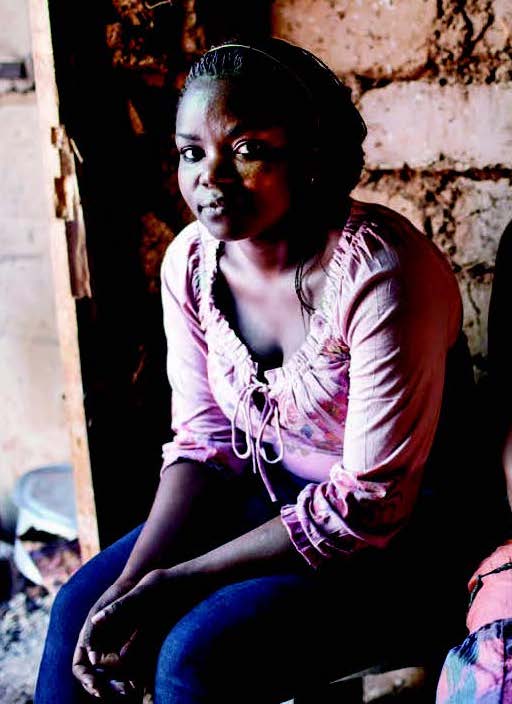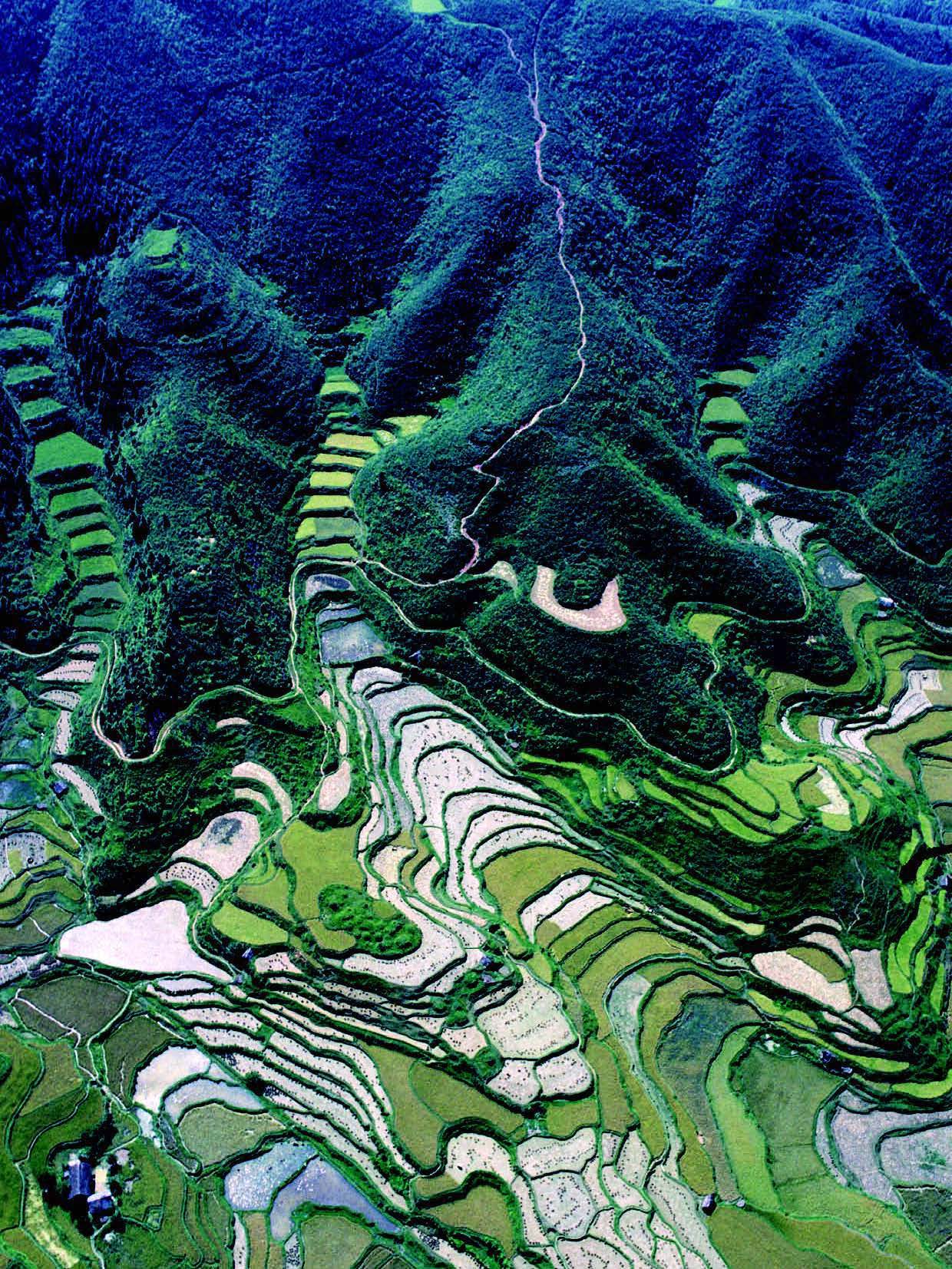| Dear Reader, It’s September, which means students are headed back to school! Education is good for society and for kids (actually, for some children, their school meals are the best nutrition they have). But the science of how we learn has always been deeply complex. Also happening this month, Climate Week NYC (run in coordination with the United Nations General Assembly) reminds us that we need to pay attention to our real-world climate. And lastly, we take a look at how we can tinker with cells, because we’ve always liked thinking about that sort of thing here at Scientific American. I hope you enjoy the journey! 

Dan Schlenoff, editor of “50, 100 & 150 Years Ago” | | |  A young student in Kigali, Rwanda, plans to earn a finance degree with the help of online courses. August 2013. A young student in Kigali, Rwanda, plans to earn a finance degree with the help of online courses. August 2013. | | | Education is a specialist science—and also the province of parents. There’s a lot of disagreement about the best way to educate kids. - December 1896: The “sins” of education are blamed on demanding parents. For instance, when kids are “tormented” by learning social niceties.
- August 2013: Digital classrooms can have the quality and low cost that extends their useful reach into poor areas.
- August 2018: A central component of the biology curriculum causes much strife: the theory of biological evolution.
- November 2018: You can learn in your sleep. Okay, only sort-of. Sorry, kids, you have to put the phone down and finish your homework the old-fashioned way.
| | | | |  Ancient agricultural terraces have grown food for millennia. But agriculture may also have helped change the climate. March 2005. Ancient agricultural terraces have grown food for millennia. But agriculture may also have helped change the climate. March 2005. | | | Basic physics dictates the fundamentals of climate: carbon dioxide and other gases trap solar heat, much like a greenhouse does. And human activity has been increasing these gases for a very long time. - February 1864 Using John Tyndall’s work on infrared radiation and heat, more carbon dioxide means higher planetary temperatures.
- March 2005: Humans have been growing food, and maybe contributing to climate change, for millennia.
- November 2010: Climate science points in only one direction—but climate scientists are still lousy at communicating that science.
- April 2018: The Arctic is melting. Yeah, sure, it’s far away, but the warming creates heat waves, deep freezes, droughts and heavy rains everywhere else.
| | | | | ![Biochemical]() Biochemical “parts” for making synthetic organisms. May 2004. Biochemical “parts” for making synthetic organisms. May 2004. | | | Cells and their components are the building blocks of life. Despite nightmarish sci-fi scenarios (because the story is boring if it all works out fine!), creating or altering cells are important tools for studying or using them. - March 1907: Simple chemicals are combined to produce “artificial cells” that have the appearance of living matter.
- November 1987: Chromosomes are ribbons of DNA that carry our genes. Artificial chromosomes were created as experimental tools.
- May 2004: Synthetic biologists make DNA “parts” that can be assembled into a working organism.
- July 2019: Commerce uses cells to make drugs and other useful substances. It would save a lot of money if we could make these tiny factories invulnerable to viruses.
| | | | | | Our special issue shows how truth, lies and uncertainty dominate the exchange of information in today’s world, and how evidence-based science can be deployed in the cause of truth.
Plus: For more highlights from the archives, you can read September’s 50, 100 & 150 Years Ago column.
| .jpg) | | | | | | | | | |
Comments
Post a Comment